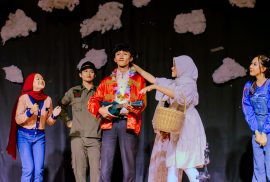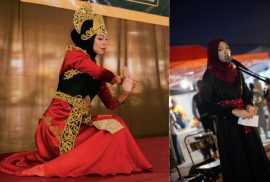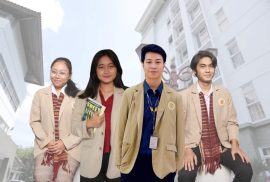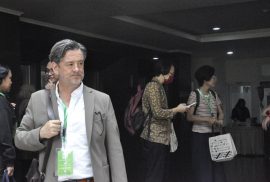Decolonization is an important issue that continues to be studied in the social sciences these days. The effort to break away from Western hegemony, which is a legacy of colonialism, is a long road that is being traveled, especially for Global North thinkers. This effort was also evident in a forum entitled Who Can Speak and What We Can Speak About held at AAS, Gadjah Mada University, July 11, 2024.
In this forum, there were 6 speakers who presented their research results. The common threads of the presentations were about the fate of others, the struggle for human rights, and efforts to uncover the Global North-Global South power relations.
The first speaker was Lili Chen from the National University of East Timor. In her presentation, she explained the dynamics of life for LGBT people in Timor Leste. After independence from Indonesia, LGBT people in Timor Leste are quite progressive. Compared to Indonesia, this group is also much more accepted. This can be seen from the Pride Parade that they can participate in in Dili every year. However, this does not mean that their lives are completely safe. In a country with a highly religious Christian population, LGBT people are still discriminated against. However, there are efforts made by LGBT people to negotiate this. For example, they try to continue to explore pre-colonial local culture, which actually also recognizes the concept of gender outside heteronormativity.
Still related to gender issues, Carol Rodriguez Bello Dawonlay from the University of Philippines, discussed various indigenous women’s groups in the Philippines against child marriage and gender violence. Meanwhile, Anna Christi Suwardi from Mae Fah Luang University, also discussed the role of women in efforts to resolve conflicts in Southern Thailand.
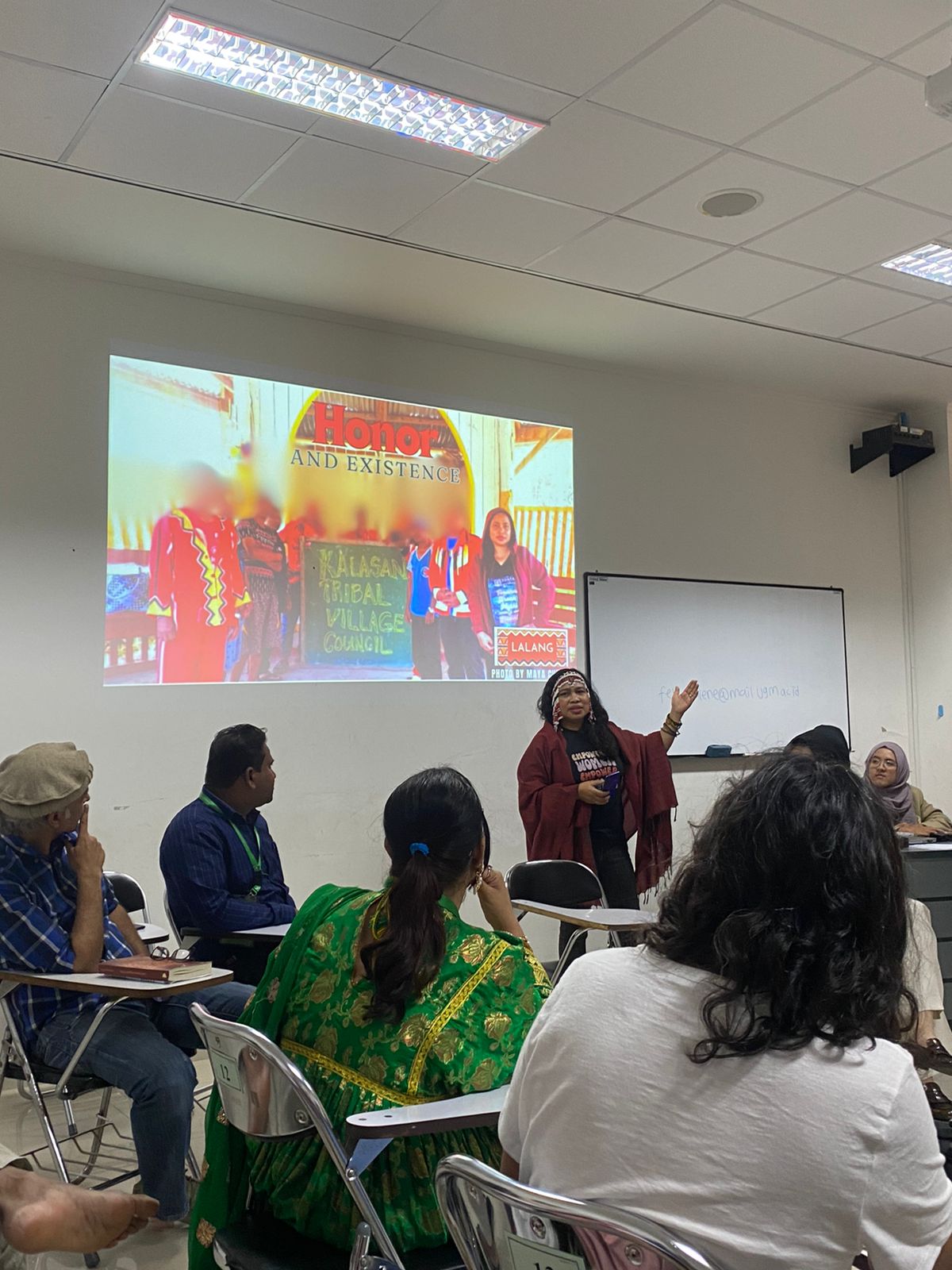
Faryal Khan from the Bonn International Center for Conflict Studies (BICC) discussed the military conflict in South Waziristan, Pakistan. According to Khan, the conflict involving the state and various tribes became prolonged, because the state took a military approach to resolve it.
Faryal Khan’s presentation was also linked to that of Amjad Hassan from the National University of Modern Language Peshawar. Hassan, who is also from Pakistan, criticized the state’s approach to resolving various violent conflicts in Pakistan. According to Hassan, Pakistani policymakers, think tanks and intellectuals still take a Western approach, especially the realist, positivistic and capitalist modernity approach. This is highly ineffective as Pakistan will always fail to address the root cause of all modern conflicts, which is actually the West itself. According to Hassan, the West, especially America, is the elephant in the room that has failed to be identified. Therefore, it is important to map the extent of their interests behind these violent conflicts.
Meanwhile, Gopale Amarnath discussed the problem of health facilities in the Gadchiroli region of Maharashtra, India, which is an area of conflict between the government and left-wing extremists. According to Amarnath, the presence of these extremist groups has made the region discriminated in terms of health policy. Amarnath expressed concern about the poor health facilities and lack of doctors in the area. In addition, the lack of child care facilities, maternal delivery, and proper buildings, also complicates the problem. Moreover, the military also often enters hospitals or health centers to conduct inspections, which makes health workers worried.
In general, the forum also discussed research methods based on the spirit of decolonization. There are at least three points that researchers who go into the field should do. First, they should listen more. Second, research must be based on consent, or the agreement of both parties. Third, do no harm, or do not hurt the physical and emotional well-being of the group being visited. This forum is very important because it shows how field research methods can explore problems in depth, but also based on empathy for affected communities. This is also a form of decolonization, especially of anthropological research methods that used to objectify the indigenous population. Decolonization is not only a result, but also a process.
Author: Ari Bagus Panuntun


